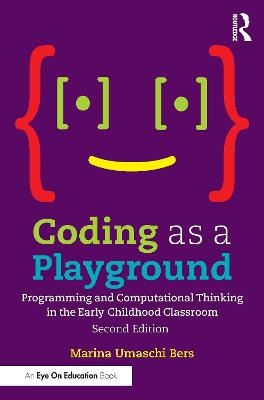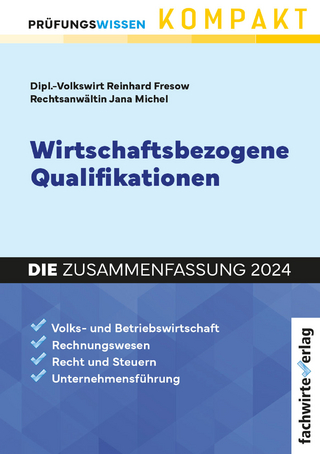
Coding as a Playground
Routledge (Verlag)
978-0-367-90050-2 (ISBN)
Coding as a Playground, Second Edition focuses on how young children (aged 7 and under) can engage in computational thinking and be taught to become computer programmers, a process that can increase both their cognitive and social-emotional skills. Learn how coding can engage children as producers—and not merely consumers—of technology in a playful way. You will come away from this groundbreaking work with an understanding of how coding promotes developmentally appropriate experiences such as problem-solving, imagination, cognitive challenges, social interactions, motor skills development, emotional exploration, and making different choices. Featuring all-new case studies, vignettes, and projects, as well as an expanded focus on teaching coding as a new literacy, this second edition helps you learn how to integrate coding into different curricular areas to promote literacy, math, science, engineering, and the arts through a project-based approach and a positive attitude to learning.
Marina Umaschi Bers is Professor in the Eliot-Pearson Department of Child Study and Human Development with a secondary appointment in the Department of Computer at Tufts University, U.S.A. She heads the Developmental Technologies (DevTech) research group where she studies innovative ways to promote positive childhood development through new learning technologies. Marina co-developed the ScratchJr programming language in collaboration with the MIT Media Lab and the PICO company. She is also the creator of KIBO, a robotics platform for children aged 4 to 7 that can be programmed with wooden blocks (no screen needed), which allows young builders to learn programming and engineering while integrating arts and crafts.
Introduction. Part I: Coding as Playground. 1. In the Beginning There Was Language 2. Tools for Expression 3. Playing with Code Part II: Coding as Literacy 4. Natural and Artificial Languages 5. Coding Stages 6. A Pedagogical Approach Part III: Computational Thinking 7. Thinking about Computational Thinking 8. Powerful Ideas in the Early Coding Curriculum 9. The Coding Process 10. Personal Growth through Coding Part IV: New Languages for Young Children 11. ScratchJr 12. KIBO 13. Design Principles: Programming Languages for Young Children 14. Teaching Strategies: Coding in the Early Curriculum. Conclusion.
| Erscheinungsdatum | 07.10.2020 |
|---|---|
| Zusatzinfo | 1 Tables, black and white; 12 Line drawings, black and white; 31 Halftones, black and white; 43 Illustrations, black and white |
| Verlagsort | London |
| Sprache | englisch |
| Maße | 152 x 229 mm |
| Gewicht | 450 g |
| Themenwelt | Schulbuch / Wörterbuch ► Unterrichtsvorbereitung ► Unterrichts-Handreichungen |
| Sozialwissenschaften ► Pädagogik ► Vorschulpädagogik | |
| ISBN-10 | 0-367-90050-5 / 0367900505 |
| ISBN-13 | 978-0-367-90050-2 / 9780367900502 |
| Zustand | Neuware |
| Informationen gemäß Produktsicherheitsverordnung (GPSR) | |
| Haben Sie eine Frage zum Produkt? |
aus dem Bereich


